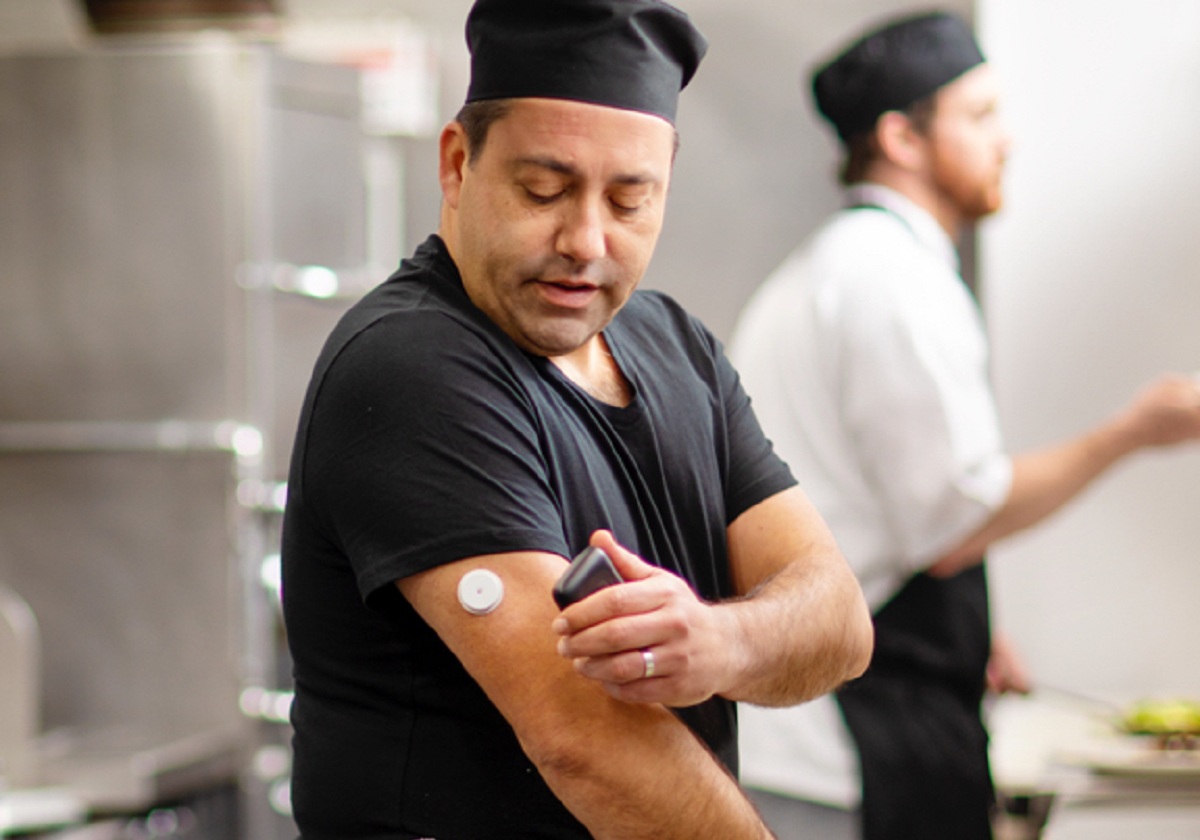Ramadan, the Islamic holy month, is a month-long journey of prayer and reflection for millions worldwide. However, for those with diabetes, this sacred period presents unique challenges. During Ramadan, maintaining well-being requires balancing religious obligations with health. Fasting from dawn to sunset can cause blood glucose fluctuations, so pre-dawn meals and evening feasts are essential for energy. Regular monitoring using devices like continuous glucose monitoring (CGM) is crucial for accurate readings. A balanced diet and regular monitoring ensure effective blood glucose management, preventing sudden spikes or drops during the holy month.
Dr. Supratik Bhattacharyya, MBBS, MD – Medicine, MRCP (UK), MSc. – Endocrinology & Diabetes, FRCP, AMRI Hospitals, Kolkata, emphasizes the importance of monitoring blood glucose levels during Ramadan for individuals with T2DM, particularly T1DM. He recommends using a smartphone app with a glucose monitoring sensor to track glucose levels throughout the day. He asserted, “The best way to go about it is to use a sensor connected to the app on the phone, which would track the blood glucose levels throughout the day (CGM). Patient can conveniently scan and get essential information regarding their glucose levels without having to prick themselves. Individuals who wish to fast are advised to consult their doctor before the start of Ramadan so that the doctor can adjust the dose and timing of the medications or insulin as appropriate.”
Here are a few tips to manage your diabetes while you observe Ramadan this year:
1. Regularly monitoring blood glucose levels is crucial, and CGM devices offer real-time glucose monitoring. This data is easily accessible on smartphones, aiding in decision-making related to food, physical activity, and therapy. Utilizing this data can help individuals make corrective actions with their meal plans and maintain health during this period.
2. During Iftar, it is essential to replenish your body with essential nutrients. The fast is broken with dates and fruits, followed by a balanced meal. Drink plenty of water and avoid sugary drinks. Maintain a balanced diet with carbohydrates, protein, and fats. Consume fiber-rich starchy foods like oats, multigrain breads, vegetables, lentils, and fish. Consider taking diabetes-specific oral nutritional supplements like Ensure Diabetes Care as an evening snack during Iftar or Sehri. These supplements have a slow-release energy system to manage blood glucose, hunger, and energy levels. Consult a doctor for the right nutritional solutions.
3. Physical activity is crucial for maintaining good health, alongside proper diabetes nutrition. Regular exercise, including walking or yoga, is a great way to manage diabetes. It’s advised to avoid overexertion and aggressive workouts, especially during the last few hours of fasting, and focuses on simple, 30-minute exercises.
4. Ramadan often involves late nights with friends and family, but adequate sleep is crucial for maintaining good health, preventing sleep deprivation, supporting immunity, metabolism, and regulating blood glucose levels, which are essential for managing diabetes, and preventing negative impacts on hunger or craving levels.




